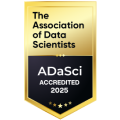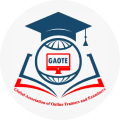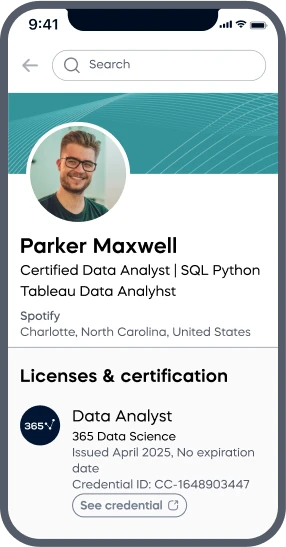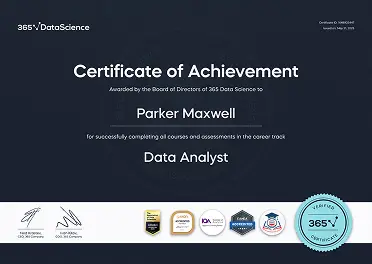Olanike A.
See all reviews
Skill level:
Duration:
CPE credits:
Accredited

Bringing real-world expertise from leading global companies
Bachelor's degree, Data Science

Bringing real-world expertise from leading global companies
Master's degree, Computer Science
Description
Curriculum
Free lessons

1.1 Linear Regression
3 min

1.2 Logistic Regression
6 min

1.3 Random Forest
3 min

1.4 K-Means Clustering
2 min

1.5 K-Nearest Neighbors
2 min

1.6 Hierarchical Clustering
2 min
9 in 10
people walk away career-ready
94%
of AI and data science graduates
successfully change
96%
of our students recommend
ACCREDITED certificates
Craft a resume and LinkedIn profile you’re proud of—featuring certificates recognized by leading global
institutions.
Earn CPE-accredited credentials that showcase your dedication, growth, and essential skills—the qualities
employers value most.





Certificates are included with the Self-study learning plan.


How it WORKS